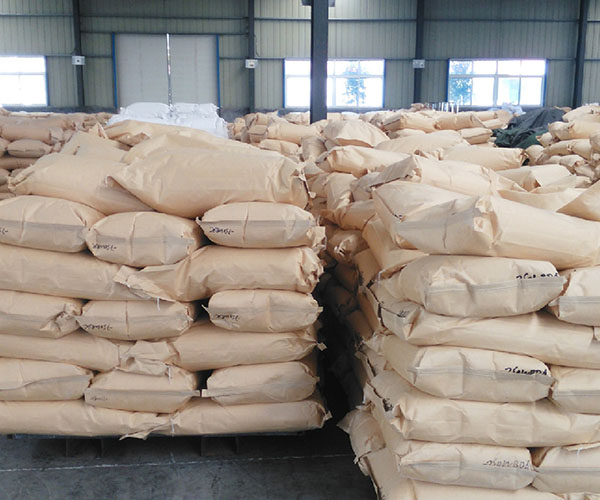Zinc Monobasic Phosphate, with the chemical formula Zn(H₂PO₄)₂, is a white crystalline powder. It is highly soluble in water, and its aqueous solution is acidic. This compound is an important inorganic chemical with a unique chemical structure that contains zinc ions and dihydrogen phosphate anions. It is relatively stable under normal conditions but can participate in various chemical reactions due to the reactivity of the phosphate groups and the zinc ion.
In the Metal Coating Industry
Zinc Monobasic Phosphate is a key component in phosphate conversion coating processes. When applied to metal surfaces, especially steel and iron, it forms a zinc phosphate coating through a chemical reaction. This coating provides excellent corrosion resistance by acting as a physical barrier between the metal and the environment. It also enhances the adhesion of subsequent paint or powder coatings, improving the overall durability and appearance of the metal product.
In the Production of Fertilizers
It is used as a source of both zinc and phosphorus in fertilizers. Zinc is an essential micronutrient for plants, playing a crucial role in various physiological processes such as enzyme activation and protein synthesis. Phosphorus is a major nutrient required for plant growth, energy transfer, and root development. By incorporating Zinc Monobasic Phosphate into fertilizers, it can supply these essential nutrients to the soil, promoting healthy plant growth and increasing crop yields.
In the Ceramics Industry
In ceramic glazes and enamels, Zinc Monobasic Phosphate can be used to modify the properties of the materials. It can improve the hardness, gloss, and chemical resistance of the ceramic surface. Additionally, it can affect the melting behavior and flow characteristics of the glaze during the firing process, helping to achieve the desired finish and appearance of the ceramic products.
In the Adhesive Industry
It can be used as an additive in some adhesives. The presence of zinc and phosphate groups can enhance the adhesive strength and stability of the adhesive. It may also improve the resistance of the adhesive to moisture and chemicals, making it suitable for use in various bonding applications, especially those involving metal - to - metal or metal - to - other materials bonding.
In the Water Treatment Industry
Zinc Monobasic Phosphate can be used as a corrosion inhibitor in water treatment systems. It can form a protective film on the inner surfaces of pipes and equipment, preventing corrosion caused by dissolved oxygen and other corrosive substances in the water. This helps to extend the service life of the water treatment infrastructure and reduce maintenance costs.
 English
English Español
Español Português
Português Français
Français Deutsch
Deutsch Русский
Русский 中文
中文 日本語
日本語
